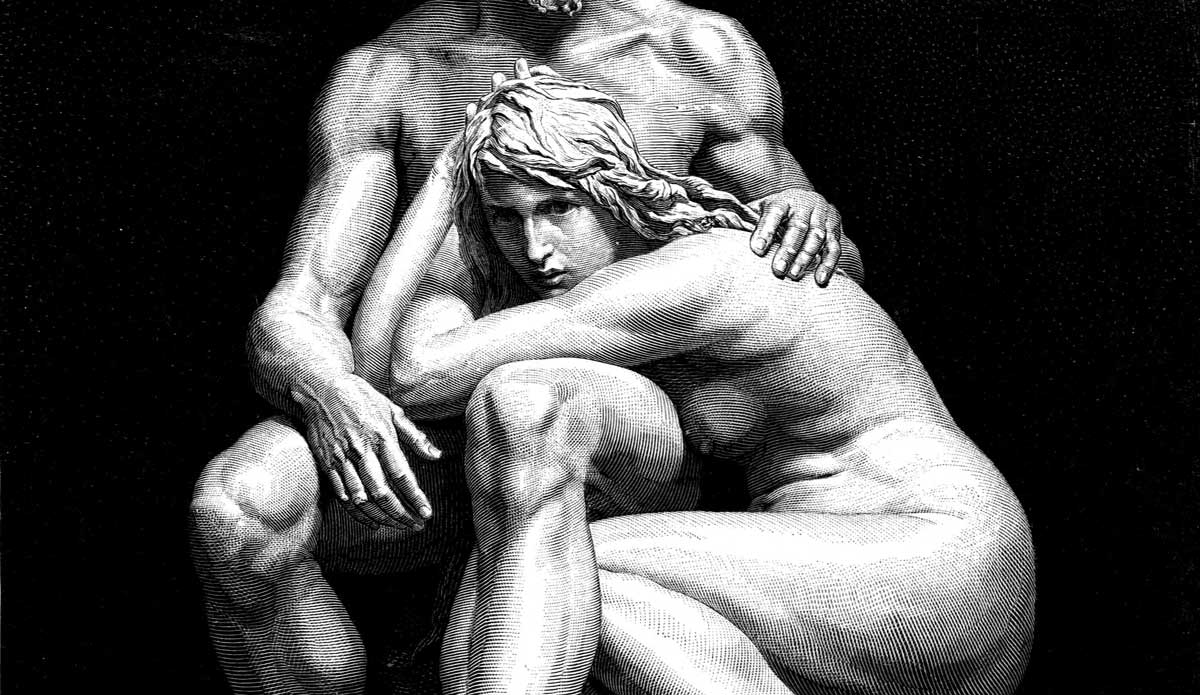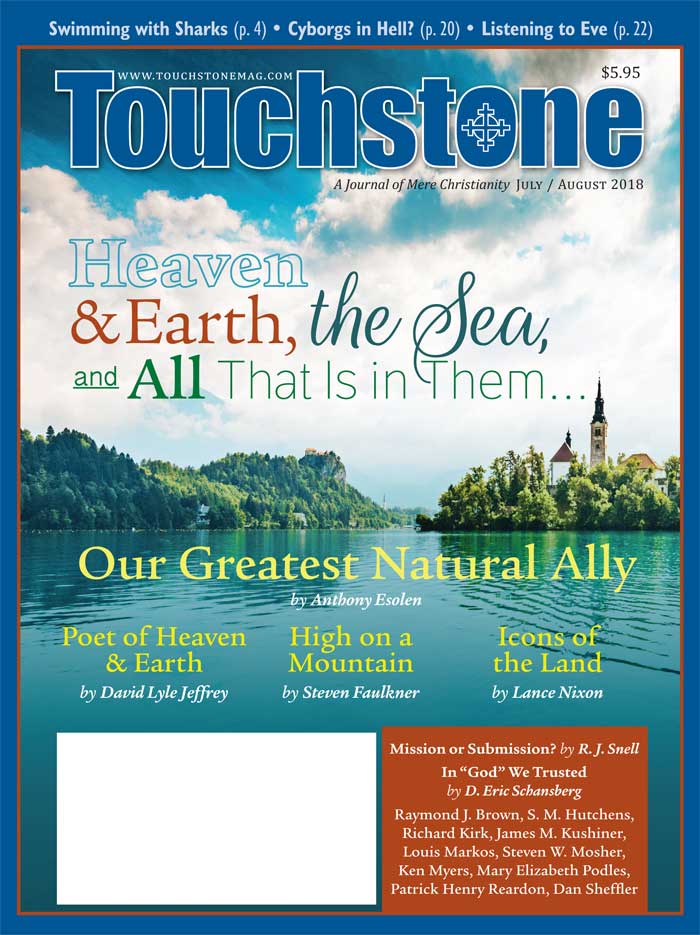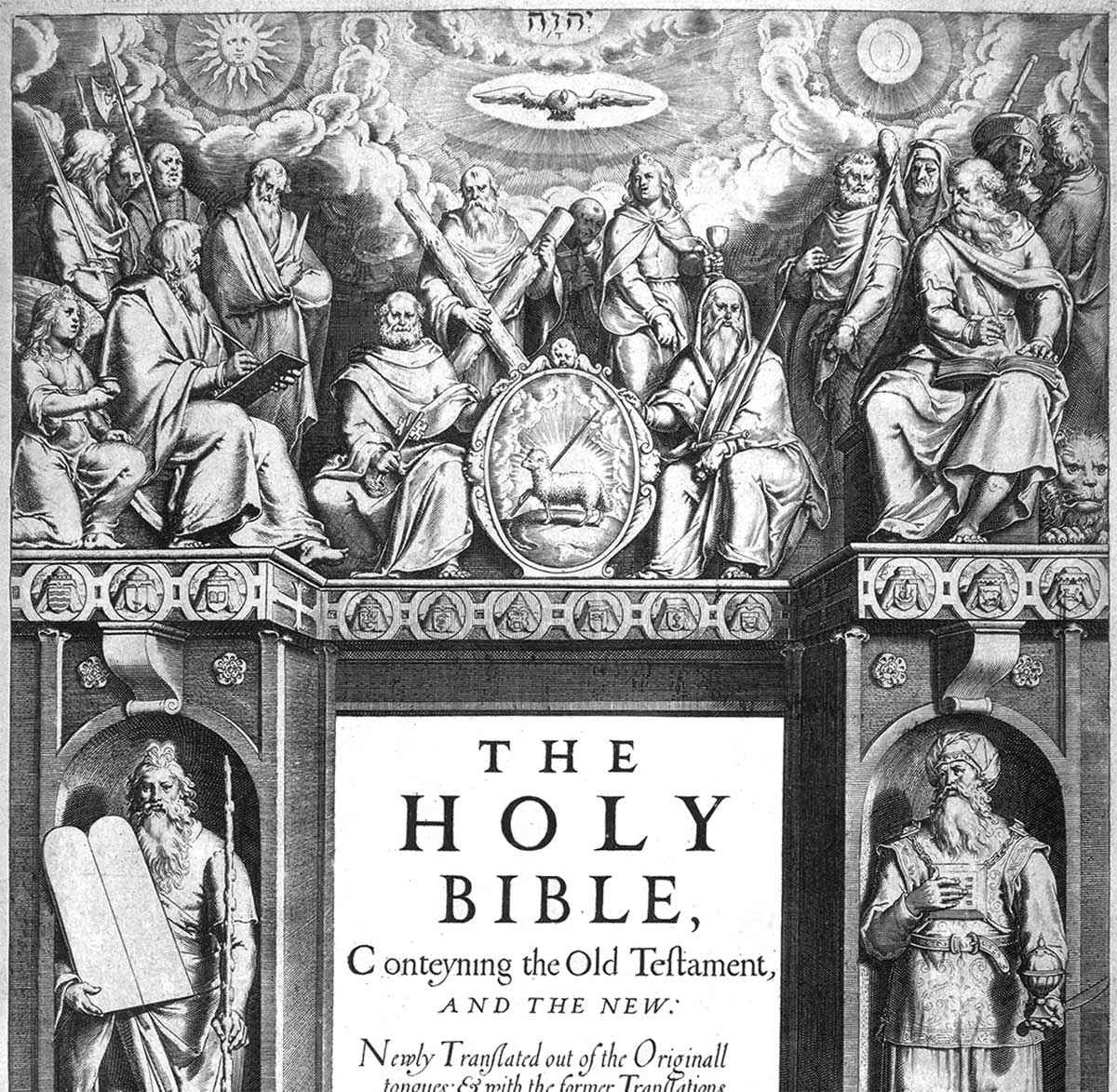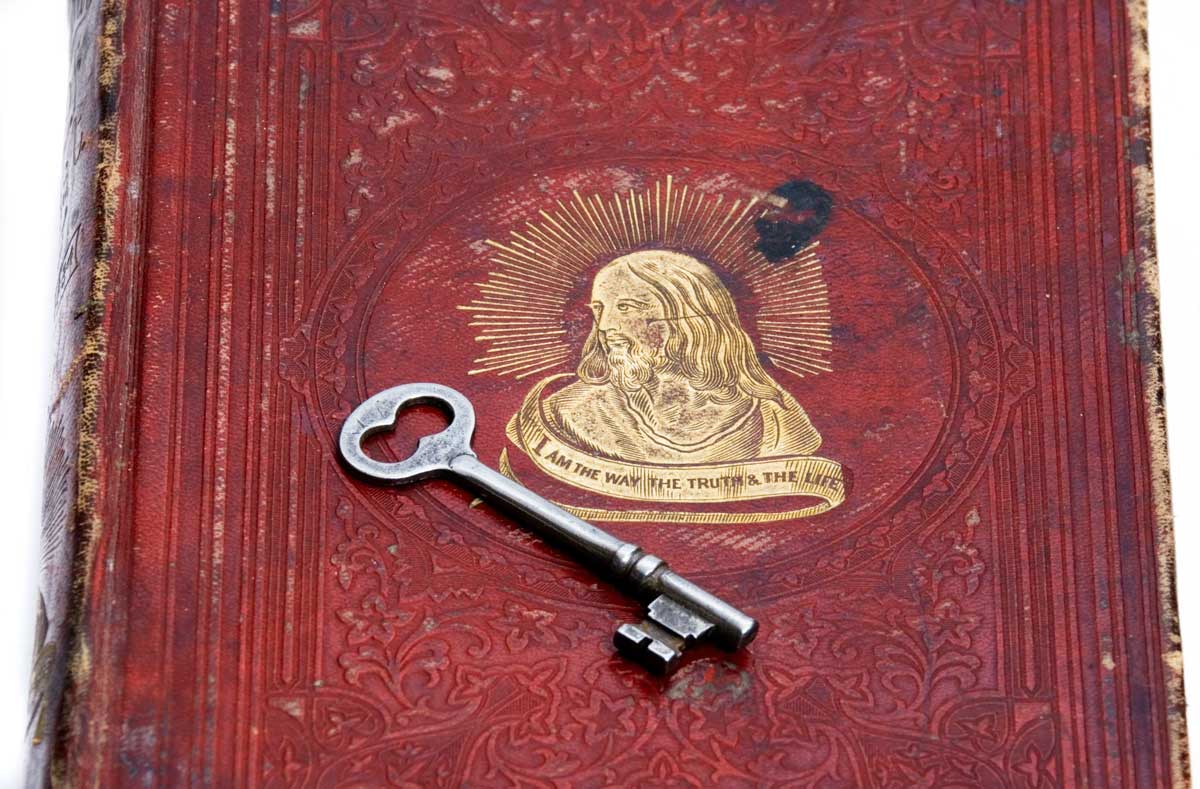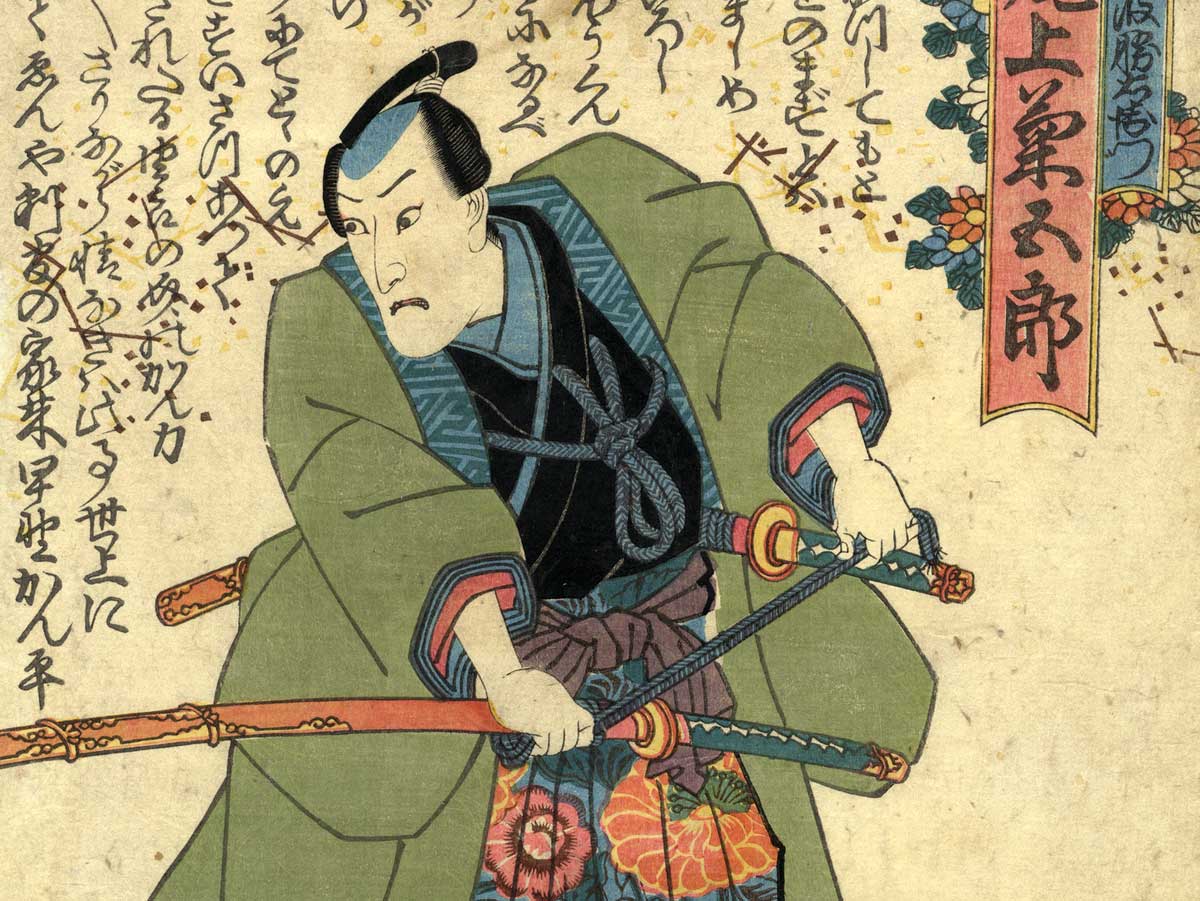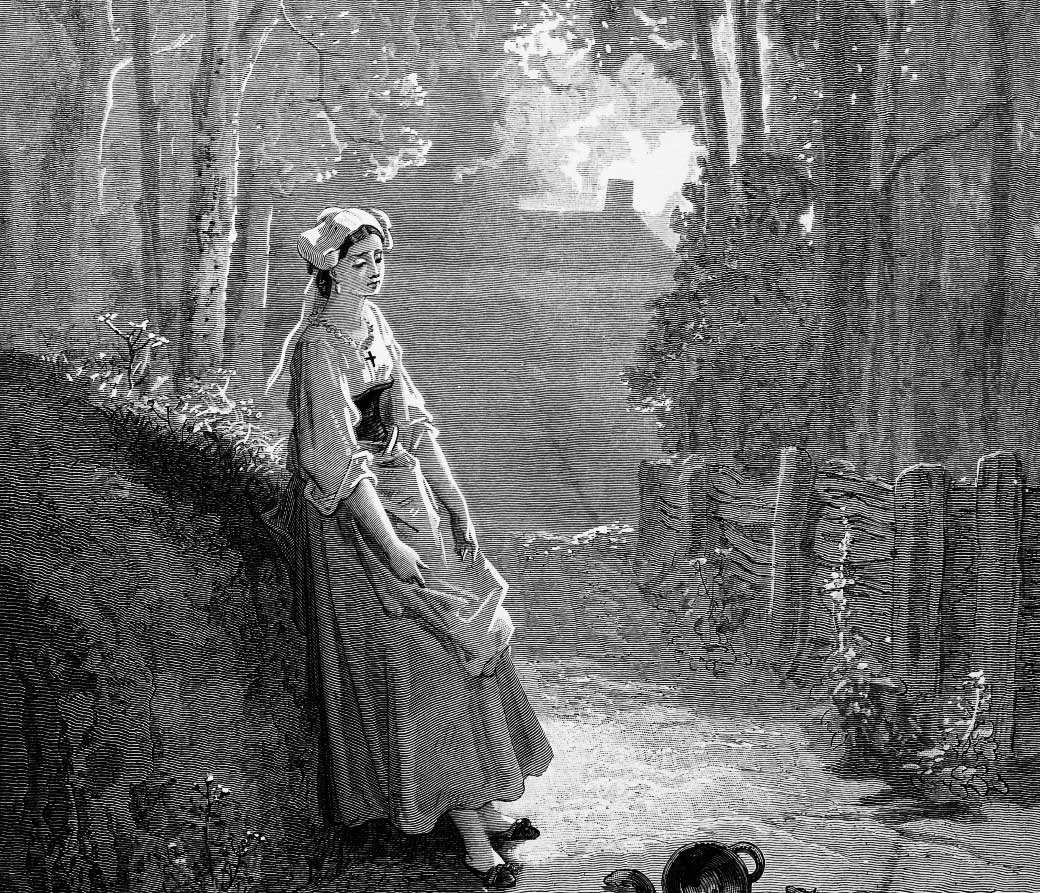View
Listening to Eve
Judith Anderson on the Brevity & Theology of Her Recorded Words
Literature, visual art, film, psychology, and other fields would be substantially diminished without the story of the biblical Eve. References to her are plentiful and span generations. The tones and hues may differ, but many of these references are predicated on a notion of scandalous womanhood.
Scripture plainly reveals Adam's misstep in listening to Eve. Scripture also records Eve's words—to the serpent and to God—before and after the Fall. And the record of these words encourages us to listen to Eve not in censorious judgment but with kindred critical appreciation. In these words we hear the origin of our own prayers of confession, praise, and dependent hope.
Eve's Name
Her name is wildly suggestive, evoking diverse associations. She received it from her husband sometime after they had ushered death into a deathless world. We who never knew Eden directly cannot know its loss in quite the same way that Adam and Eve knew it. We who do know the suffering engendered by shame and guilt cannot fully fathom their fear as they hid from God. We who hear God's voice in his Word wonder about the sound of his voice when he pronounced his righteous judgment on the offending pair and the deceiver.
Perhaps the Edenic conversation of their former estate was now muted by the loudness of Adam and Eve's shame, fear, and guilt. Surely their sin and its accompanying consequences threatened to suffocate the God-breathed life that animated them. Adam had wrongly "listened to the voice of [his] wife" after she had listened to the voice of the serpent, but he hears in God's curse upon the serpent a promise for himself and the woman. And so, juxtaposed with the terrible knowledge that death means that they will return to dust, we read that "Adam called his wife's name Eve, because she was the mother of all living."
Since then, the names given to Eve and her story have not always been as generous or hopeful. She has been vilified (and sometimes celebrated) as a temptress, scorned as a gull, and decried as an early example of chauvinistic characterizations of female identity. In discussions extending beyond Genesis to include a wider scope of human history, she has been compared to and contrasted with Mary, the mother of Jesus. She is most often discussed in terms of her relationship with Adam, but her relationship with her Creator is also instructive. She is, together with Adam, the first image-bearer of the God of the universe, and her four recorded statements reveal her relationship with this God in a distilled theology that all of her children of promise will recognize.
The First Two Statements
Against the halcyon harmony closing Genesis chapter two, chapter three introduces an interloper. His "craft and power are great," and Eve's first recorded statement in response to his question reiterates and elaborates upon God's command: "We may eat of the fruit of the trees in the garden, but God said, 'You shall not eat of the fruit of the tree that is in the midst of the garden, neither shall you touch it, lest you die'" (vv. 2–3). These words indicate her understanding of the principle of obedience, but her simple understanding is an inadequate defense against Satan's hatred.
Her next recorded statement is situated in the colloquy with God that follows the couple's disobedience. Eve says, "The serpent deceived me, and I ate" (v. 13). In contrast to Adam, Eve does not impute blame to God or to Adam. She admits her guilt and the guilt of the serpent, and she identifies deception as being linked to disobedience.
This thematic linking resonates throughout the words of Eve's descendants. Generations later, as Moses prepares God's people to enter a beautiful land, he warns, "Take care lest your heart be deceived, and you turn aside and serve other gods and worship them" (Deut. 11:16). Later still, the Apostle Paul warns the believers at Colossae, "See to it that no one takes you captive by philosophy and empty deceit, according to human tradition, according to the elemental spirits of the world, and not according to Christ" (2:8). We hear echoes of Eve again when we read Paul's letter to the Roman church explaining that it is not God's commandment that provokes sin; rather "sin, seizing an opportunity through the commandment, deceived [him] and through it killed [him]" (7:11). The last chapter of this same letter contains a warning and a promise that have all the marks of the Genesis story:
Judith Anderson taught high-school English for twenty years. Her essay, "Doers of the Word, Shakespeare, Macbeth, and the Epistle of James" appeared in the July 2017 issue of Christian Scholar's Review. She and her husband Donald are members of Covenant PCA in Short Hills, New Jersey, and reside in nearby Plainfield.
subscription options
Order
Print/Online Subscription
Get six issues (one year) of Touchstone PLUS full online access including pdf downloads for only $39.95. That's only $3.34 per month!
Order
Online Only
Subscription
Get a one-year full-access subscription to the Touchstone online archives for only $19.95. That's only $1.66 per month!
bulk subscriptions
Order Touchstone subscriptions in bulk and save $10 per sub! Each subscription includes 6 issues of Touchstone plus full online access to touchstonemag.com—including archives, videos, and pdf downloads of recent issues for only $29.95 each! Great for churches or study groups.
Transactions will be processed on a secure server.
more on bible from the online archives
more from the online archives
calling all readers
Please Donate
"There are magazines worth reading but few worth saving . . . Touchstone is just such a magazine."
—Alice von Hildebrand"Here we do not concede one square millimeter of territory to falsehood, folly, contemporary sentimentality, or fashion. We speak the truth, and let God be our judge. . . . Touchstone is the one committedly Christian conservative journal."
Support Touchstone
—Anthony Esolen, Touchstone senior editor





